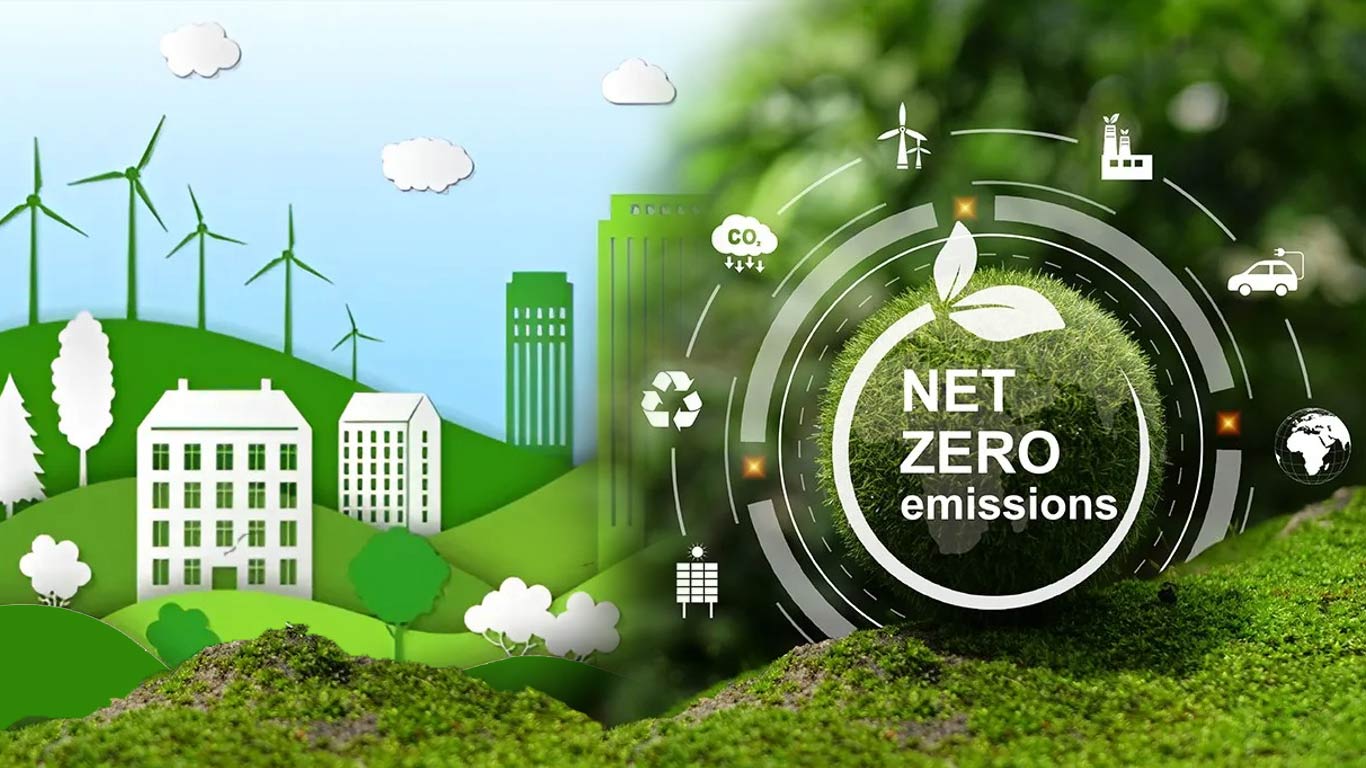Rising temperature leads to frequent floods, says UN report
Updated: Jul 04, 2013 04:07:58pm

Floods were the most frequently experienced extreme climatic event over the course of the decade.
Eastern Europe, India, Africa, and Australia were particularly affected, as well as Pakistan, where 2,000 people died and 20 million were affected by floods in 2010.
The report, 'The Global Climate 2001-2010, A Decade of Extremes done by the World Meteorological Organization, says the first decade of the 21st century was the warmest for both hemispheres as well as land and ocean temperatures, since measurements began in 1850.
The report released yesterday says that in the period between 2001 and 2010, global warming accelerated since the 1970s and broke more countries' temperature records than ever before.
The report also says the period was the "warmest decade on record since modern meteorological records began around the year 1850."
"Rising concentrations of heat-trapping greenhouse gases are changing our climate, with far reaching implications for our environment and our oceans which are absorbing both carbon dioxide and heat," said the Secretary-General of the World Meteorological Organisation (WMO), Michel Jarraud.
High temperatures were accompanied by a rapid decline in Arctic sea ice and an accelerating loss of the ice sheets of the world's glaciers.
Floods, droughts and tropical cyclones were all experienced across the world throughout the decade, killing over 3,70,000 people, which is 20 per cent more than the casualties in previous decade due to such calamities.
Droughts however, affected more people than any other natural disaster due to their large scale and long-lasting nature.
Some of the highest-impact and long-term droughts struck Australia, East Africa, and the Amazon Basin, with negative environmental impacts.
Tropical cyclones were also prominent throughout the decade, with more than 500 cyclone-related disasters killing nearly 1, 70,000 people, affecting over 250 million, and caused estimated damages of USD 380 billion, the report said.
The report incorporates findings from a survey of 139 national meteorological and hydrological services and socio-economic data and analysis from several UN agencies and partners.
"Climate change has reshaped the behaviour of climate extremes," said Omar Baddour, the World Meteorological Organization's co-ordinator.
Experts say a decade is about the minimum length of time to study when it comes to spotting climate change. From 1971 to 2010, global temperatures rose by an average rate of 0.17 degrees per decade. But going back to 1880, the average increase was .062 degrees per decade.
The pace also picked up in recent decades. Average temperatures were 0.21 degrees warmer this past decade than from 1991 to 2000, which were in turn 0.14 degrees warmer than from 1981 to 1990.
By the end of 2010, the report shows, atmospheric concentrations of some of the chief warming gases from fossil fuel burning and other human actions were far higher than at the start of the industrial era in 1750.
Carbon dioxide concentrations measured in the air around the world rose 39 per cent since then; methane rose 158 per cent; and nitrous oxide was up 20 per cent.
Regardless of what is causing the warming trend, environmental groups say the report paints a clearer picture of a warming world. (KNN)











